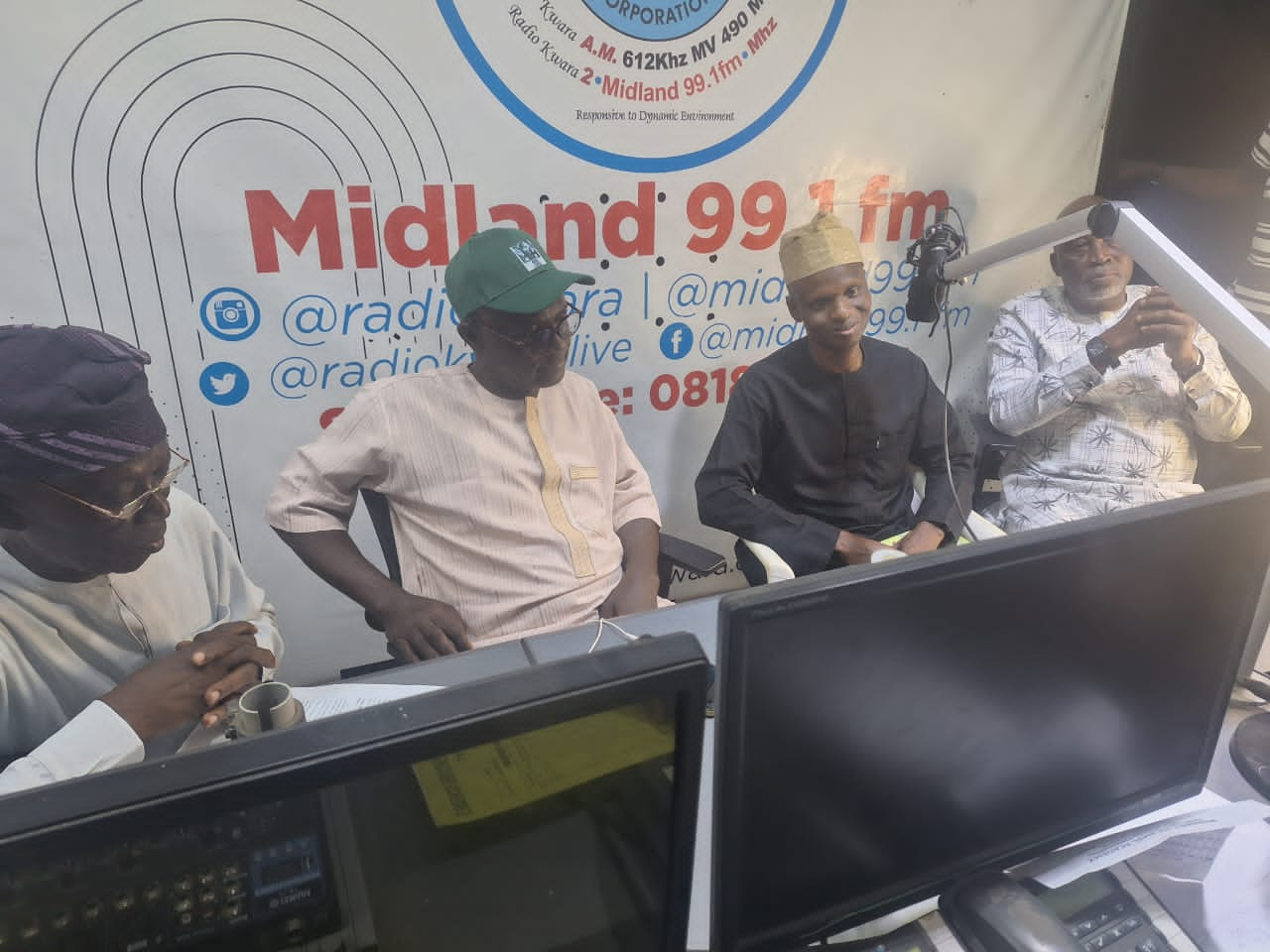 Abayomi Salau - -
Abayomi Salau - -
The National Association of Seadogs, also known as the Pyrates Confraternity, has expressed concerns over the ongoing urban renewal project in Kwara State, citing insufficient stakeholder engagement and the resulting socio-economic challenges.
During a media parley with journalists in Ilorin, the Capoon of the Kwara-Kogi States branch of the association, Gbolahan Balogun, highlighted key shortcomings in the government’s approach.
This came after a World Human Rights Day radio discussion programme on Midland FM. Ilorin, Kwara State
Balogun noted that while the urban renewal project aims to enhance infrastructure and enforce urban planning regulations, its implementation has caused significant disruption to livelihoods, particularly for traders and small business owners. He described the lack of meaningful consultation with stakeholders as a major flaw.
“We discovered that, as excellent as the government’s efforts on urban renewal are, many families experienced displacement and loss of livelihoods, exacerbating poverty and insecurity,” Balogun said.
He revealed that the association had submitted a proposal to the Kwara State Government on December 9, 2024, urging the adoption of a Human Rights Impact Assessment (HRIA) framework for future projects.
He emphasised the benefits of such an approach, including fostering public trust through transparency and mitigating negative impacts on vulnerable communities.
The association also recommended legislative action to institutionalize HRIA and establish grievance redress mechanisms for affected individuals.
In response to the concerns, the Chairman of the Kwara State Geographic Information Service (KW-GIS), Suleiman Abdul Kareem, defended the government’s actions during the Midland FM discussion. He stated that those affected had been given sufficient notice and that compensations and resettlements were being addressed.
“They breached the road setbacks and walkways, constituting risks to safe motoring. The shops demolished were not supposed to be there. They had seven days’ notice, and temporary certificates of occupancy were issued. The government is working on suitable resettlement plans,” Abdul Kareem explained.
Urban renewal expert Dr. Sulaiman Rafiu Agava from the University of Ilorin also contributed to the discussion, stressing the need for robust data collection to ensure effective planning and solutions.
“You need to know the number of people affected and their specific needs to address the challenges comprehensively,” he said.
Similarly, Comrade Yusuf Dare of the Committee for the Defence of Human Rights (CDHR) urged the government to balance enforcement with compassion. “The governor must understand the plight of the common man. While enforcement is necessary, affected individuals need adequate compensation and relocation to suitable spaces,” he stated.
The urban renewal project, which involves demolitions to enforce compliance with urban planning regulations, continues to generate mixed reactions.
While some see it as a necessary step for development, others highlight the human rights and socio-economic challenges it poses.
As the debate continues, stakeholders are calling for a more inclusive and data-driven approach to ensure the project’s success without marginalizing vulnerable communities.




Comments powered by CComment